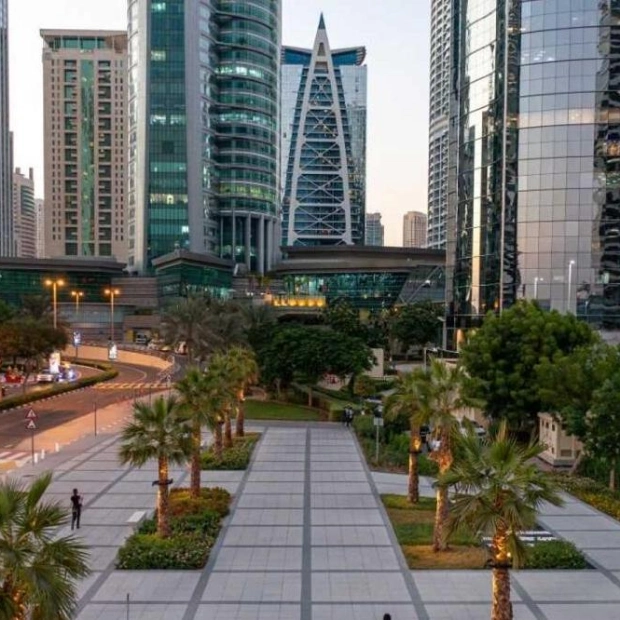A study has revealed that noise pollution is a significant concern for Generation Z in Dubai, with many identifying it as a crucial factor affecting their well-being. The research, which focused on students aged 18 to 23, found that noise pollution leads to symptoms such as stress, fatigue, and difficulty concentrating. Conducted by Buro Happold’s Urban C:Labs in collaboration with Heriot-Watt University, Dubai, the study will be presented at the Inter-Noise 2024 conference in Nantes, France.
Led by Pooja Ganatra, a senior sustainability consultant, noise specialist, and lecturer at Heriot-Watt University Dubai, along with Gregory Maltsev and Kathy Wong, the research zeroed in on Generation Z’s experiences with noise pollution in Dubai. This demographic is increasingly aware of mental health and the environmental factors that influence it, making the study particularly relevant. Students at the university participated in noise-mapping exercises and surveys that assessed their sleep quality and mental health, providing crucial insights into how urban noise pollution is impacting their daily lives.
“The findings revealed that nearly 70 per cent of Dubai’s Generation Z population identified noise pollution as a significant factor influencing their wellness, with 37 per cent rating it as a top concern. Our study highlighted frequent symptoms among participants, such as stress, tiredness, and difficulty concentrating, indicating a strong link between noise exposure and mental health issues,” said Ganatra. Ganatra also pointed out that the research underscores the correlation between noise and air pollution in urban settings, particularly in Dubai’s rapidly growing environment.
“The data showed that the majority of students considered noise pollution the most impactful environmental factor, while a combined 88 per cent acknowledged both noise and air pollution as critical issues affecting their well-being. This dual threat highlights the need for integrated urban planning strategies that address both noise and air quality to mitigate their combined effects on public health,” she said. Generation Z, often overlooked in urban studies, is now at the forefront of experiencing the unintended consequences of rapid urbanisation, according to the researchers.
“With the region’s relentless growth, noise has become an unavoidable aspect of daily life. This research sheds light on how noise exposure may be contributing to the mental health challenges faced by young people today,” said Ganatra. Despite Gen Z’s well-known affinity for noise-cancelling headphones, the survey responses revealed a different perspective. “Many students expressed a preference for spending time in quieter, open areas rather than constantly relying on headphones to block out noise.
This suggests that while technology offers a temporary solution, Gen Z is increasingly seeking long-term environmental changes — such as quieter outdoor spaces and better noise management in cities — so they don’t always have to retreat into headphones to escape urban noise,” said Ganatra adding that this highlights a growing desire for cities to create calming, natural spaces where people can relax without the constant intrusion of urban noise. Reducing both noise and air pollution requires promoting electric public transportation and limiting the use of private vehicles.
According to the researchers, cities can implement stricter emissions and noise control standards for construction and transportation, while also encouraging the use of quieter technology in industries. Expanding public awareness of the effects of pollution can drive more sustainable urban living practices. As Dubai continues to grow and invest in mental health infrastructure, the findings of this study are expected to contribute meaningfully to ongoing discussions about health and well-being in modern urban environments.
“The presentation at Inter-Noise 2024 is not only for its academic value but also for its practical implications. It represents a crucial step toward understanding how cities can adapt to the challenges of noise pollution, particularly for younger generations,” Ganatra said. This research aligns with the broader goals of Dubai’s Social Agenda 33, which aims to establish Dubai as the world’s top destination for living, working, and visiting. The initiative is also part of a comprehensive framework introduced by the Dubai Health Authority (DHA), under the directives of Sheikh Hamdan bin Mohammed bin Rashid Al Maktoum, Crown Prince of Dubai, Deputy Prime Minister and Minister of Defence of the UAE, and Chairman of The Executive Council of Dubai, to enhance the mental well-being of the community.






